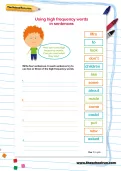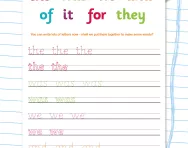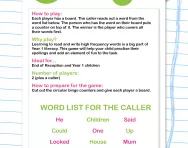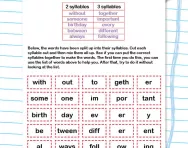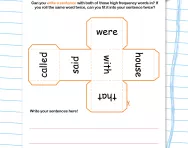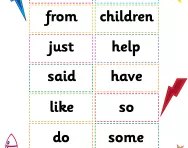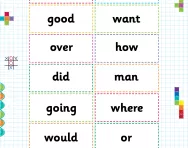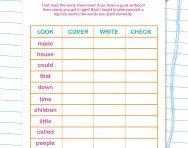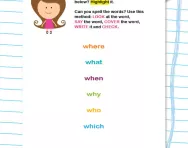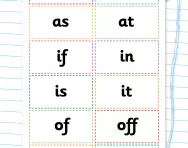TheSchoolRun.com closure date
As we informed you a few months ago, TheSchoolRun has had to make the difficult decision to close due to financial pressures and the company has now ceased trading. We had hoped to keep our content available through a partnership with another educational provider, but this provider has since withdrawn from the agreement.
As a result, we now have to permanently close TheSchoolRun.com. However, to give subscribers time to download any content they’d like to keep, we will keep the website open until 31st July 2025. After this date, the site will be taken down and there will be no further access to any resources. We strongly encourage you to download and save any resources you think you may want to use in the future.
In particular, we suggest downloading:
- Learning packs
- All the worksheets from the 11+ programme, if you are following this with your child
- Complete Learning Journey programmes (the packs below include all 40 worksheets for each programme)
You should already have received 16 primary school eBooks (worth £108.84) to download and keep. If you haven’t received these, please contact us at [email protected] before 31st July 2025, and we will send them to you.
We are very sorry that there is no way to continue offering access to resources and sincerely apologise for the inconvenience caused.
Using high frequency words in sentences
What are high frequency words?
High frequency words are words that appear most frequently in written and spoken language. These words are fundamental to understanding and communication because of their common occurrence.
What are some examples of high frequency words?
Here are some examples of high frequency words:
the
and
is
of
to
in
that
it
was
for
you
he
she
but
Why is it important to learn high frequency words in Year 1?
Learning high frequency words in Year 1 (typically around the ages of 5-6) is crucial for several reasons:
- Building reading fluency
- Creating a solid foundation for literacy learning
- Supporting phonics instruction
- Boosting confidence
- Facilitating writing skills
- Preparing for academic success
How will this Year 1 high frequency worksheet help your child?
This teacher-created, high-frequency worksheet was designed to engage your child with learning and help them consolidate their understanding of high frequency words. It provides an excellent opportunity for revising Year 1 high frequency words and using them in sentences. This is a crucial skill for your Year 1 child.
Use TheSchoolRun site to learn more about high frequency words and access free high frequency words flashcards.
